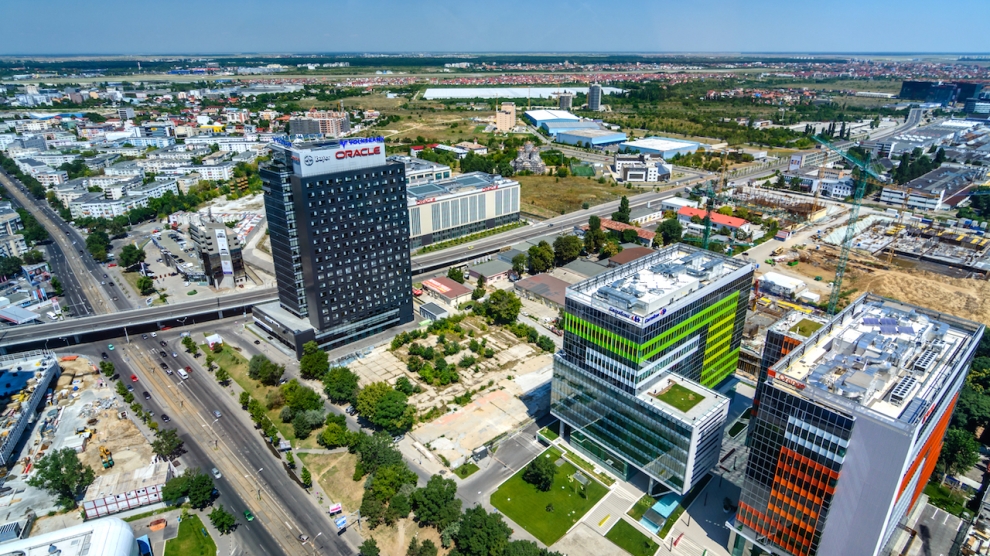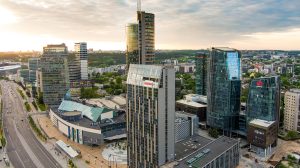Bucharest City Hall and the World Bank have signed a Reimbursable Service Agreement (RAS) – a form of technical assistance project – to support the municipality in prioritising and implementing key local development interventions aimed at improving the quality of life for the city’s residents.
Bucharest is a key engine of growth in Romania, situated in one of the most developed economic areas of the country. It also has the highest seismic risk among European capitals, however, and is one of the 10 most vulnerable cities in the world. Like all dynamic cities, Bucharest needs to continuously adapt to new challenges.
“Our new country strategy in Romania emphasises support to municipalities, helping them become more competitive and leverage local assets,” said World Bank Country Manager for Romania and Hungary Tatiana Proskuryakova. “This new project will not only improve the Municipality of Bucharest’s approach to its economic and urban development, but will also address two of the city’s most challenging issues – seismic resilience and urban mobility.”
The deal was signed on the 42nd anniversary of a huge earthquake which killed more than 1,500 people in the Romanian capital. Bucharest City Hall has been slow to consolidate the Romanian capital’s most at-risk buildings, a number of which are in a dangerous state of degradation.






Add Comment